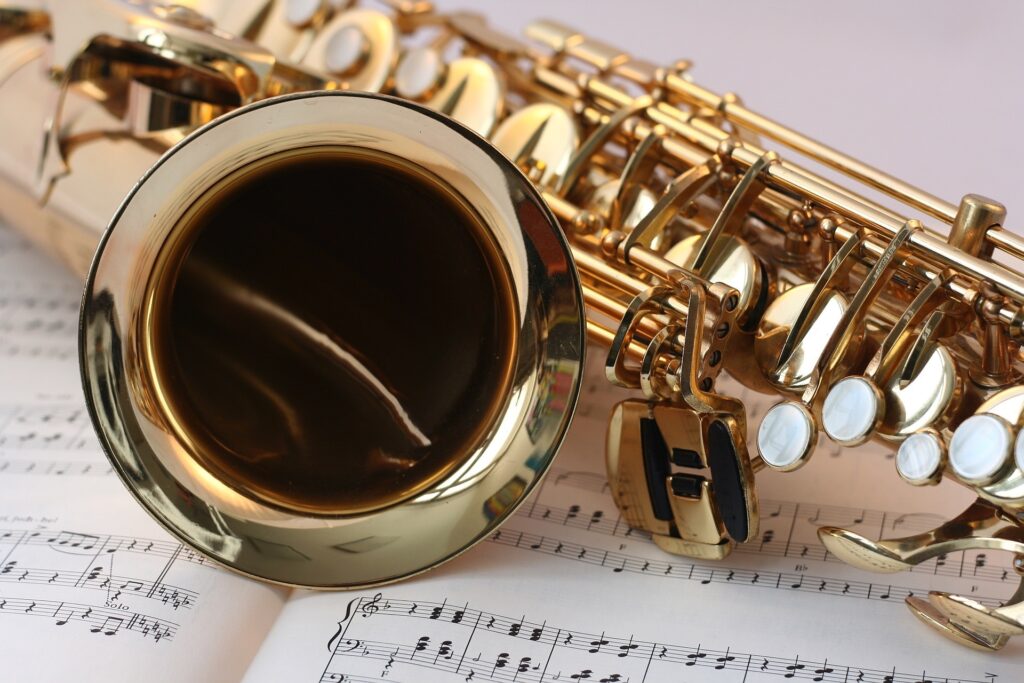Music is the analysis of instrumental sounds, performance, composition, theory and notation.
A BA in music will offer graduates the opportunity to work within the music industry, exploring music technology, psychology, ensemble rehearsals, and many more!
The most important questions when it comes to choosing a degree in music is how many jobs are honestly available?
What are the chances that a BA in music or musical composition will drastically increase your employability?
It’s not like graduates are going to school for free.
Eventually your loans have to be paid off so the question you should ask yourself is, will studying a music degree end up being useless and unnecessarily costly?

The job supply is lower than demand
Studying a music degree can definitely be a leap of faith in terms of where you may land yourself in the future. Unfortunately the majority of people will end up applying to hundreds of different publishing companies, recording studios, and music agencies and yield little results.
Finding work in the music industry can be extremely challenging as it is simply too saturated and competitive.
The only way to secure your dream job in music production, theatre, or broadcasting is to find a way of getting your foot on the musical ladder.
Most musically successful individuals started as a tea girl and simply networked with the right people at the right time.
It doesn’t matter how many instruments you play or how good you did on your music degree, or even if you have multiple grade 8 certificates.
In most cases, it’s simply a question of luck, and being in the right place at the right time.
End up learning useless course content
A Bachelor of Arts in music is a massive undertaking, and in most cases can feel like 3 years of useless course content.
Most graduates will enjoy certain aspects of their music BA however the majority of students will find certain modules boring and seemingly pointless.
This is the case for most undergraduate university courses; you enjoy some parts and hate other.
In music however, because the subject matter is extremely broad, you will find yourself learning content that you might never use after graduating, especially in first year.
Not everyone wants to study “the history of music and culture” however this modules is heavily featured on most music BA curriculums.
Luckily as the course goes on you will begin to choose your own elective modules and focus on the topics you want to learn more in-depth.
Broad and non-specific course content
As mentioned before, music is a very broad topic. It would make more sense to enrol on a musical programme that is specific to ensemble production, performance, or sound engineering.
Studying a generic music degree will get you the all round knowledge you need to later focus on a specific aspect, however as a music graduate, you will usually be the second pick when it comes to hiring someone with a more focused degree.
don’t expect to beat out a composition & contemporary music graduate for composition jobs.
Only real benefit is networking capability
Your biggest asset when it comes to enrolling on a music degree is the networking potential.
Most people don’t study music simply for the education and credentials, but because the degree offers an opportunity to meet some future band mates and managers.
It is no secret that most studio ensembles first become fully realised in a university recording booth.
If you are on the edge about going to music school, this should be a solid reason in favour of making the commitment.
If your only other option is something you didn’t want to study, you might as well study the BA in music; at least you will find life-long friends to help each other through any postgrad hardships.
Limited postgraduate options
Very few music graduates will choose to continue on to further study, and for good reason. There is limited study opportunities in the form of formal education however it is possible for graduates to train to become a qualified teacher.
This requires you to find a teacher training course that will enable you to complete a portfolio and become registered to teach at the high school level.
This is often very unappealing for most graduates as the last thing they want to do is go back to school to teach teenagers.
Unfortunately this is often the best strategy if you want better odds at finding work after graduating with a music BA.
There is always the option to progress and even take up a managerial position within the faculty or even the entire school so don’t write off the prospect of teaching just yet.
Of-course you can go the typical postgraduate degree route and achieve an MA in music, however, more qualifications won’t necessarily improve your employability.
It’s best to eventually take a more vocational route like teaching, then see where that takes you.
Summary
With music, it can be a hit or miss for many graduates.
The most successful students either have connections within the industry before even enrolling, or they have chosen the teaching route.
Regardless of what you choose to study, getting your dream job in music can be a game of luck.
Consider other avenues and areas of study. The world is a big place with plenty to choose from.

![[MacOS Error] – Compressor does not support running in a macos virtual machine](https://cdn-0.ghoopi.com/wp-content/uploads/2023/09/img_6688-150x150.jpg)











